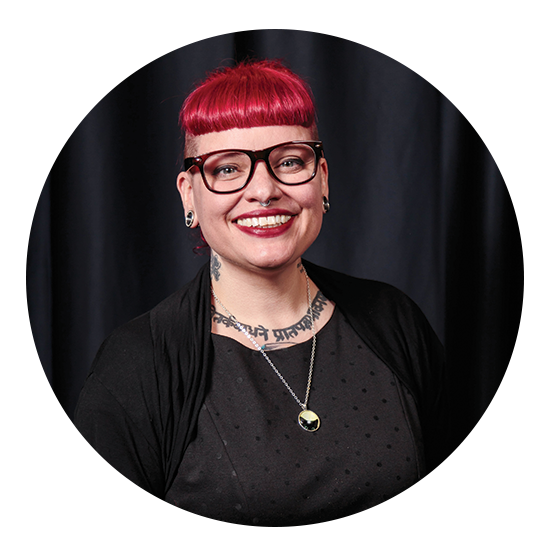Stacy is a member of the Active Minds Speakers Bureau. Bring her to your campus to speak about mental health.
Of all the quotes I saw in the wake of Prince’s death — and I’m a Prince fan to the core — this is the most beautiful and resonant to me: “Compassion is an action word with no boundaries.”
I spent a lot of years having very little compassion for other people, because I had none for myself. This is the aspect of Borderline Personality Disorder that causes the greatest stigma; it’s what causes others to view us as willfully manipulative and cruel.
But what was really happening is that I was severely mentally ill and without proper help for a long, long time. When I was finally diagnosed with BPD and found Dialectical Behavior Therapy — which is basically CBT meets Zen Buddhism — I started to learn what it means to be connected to other people. That connection is the basis of compassion.
And I believe now — I KNOW now, because by practicing it, I help save lives — that compassion is radical activism. There is nothing more terrifying, raw, and profound than looking into the eyes of another being and realizing that their pain, their suffering, their fear, their joy, and their dreams are yours too.
That realization, and the compassion of the people who saw the good in me when I couldn’t, is the one and only reason I’m not dead.
So hell yeah, compassion is an action word. Because to keep from shutting yourself off and approaching the world from a place of anger and fear — and one of the things I learned in DBT is that anger is just a secondary emotion to fear — is the hardest, scariest thing you will ever do.
You have to work really, really hard at love to overcome fear. It’s the one and only way. And just as there’s no anger without fear, there’s no love without compassion.
All is connected. All are one. Compassion for yourself is compassion for others. Lokah samastah sukhino bhavantu. I love you.



